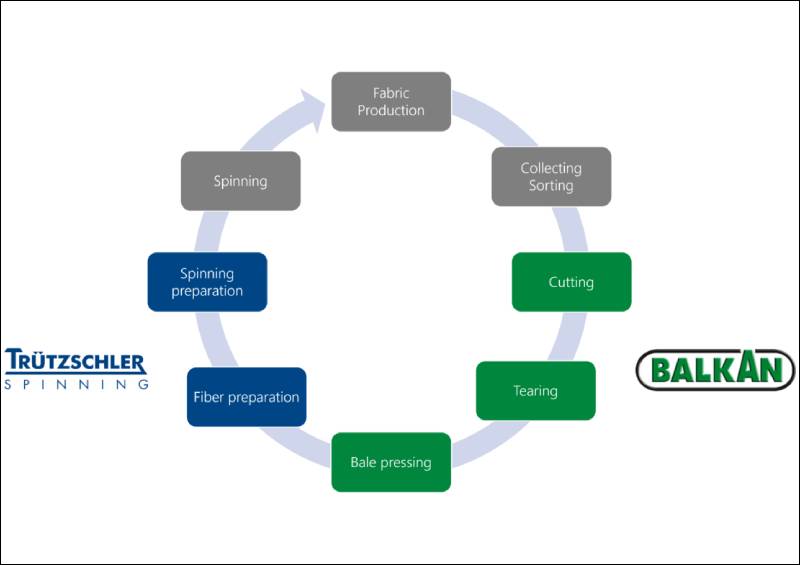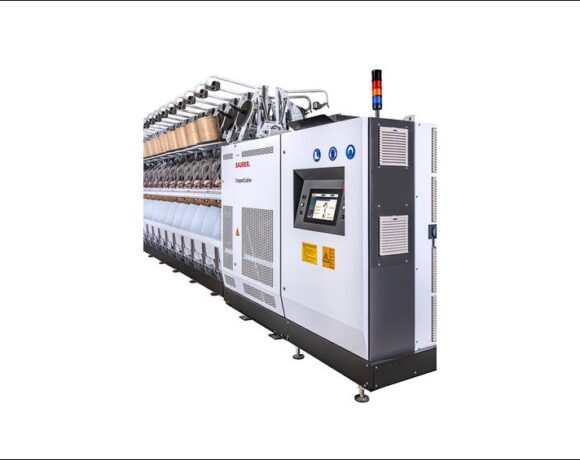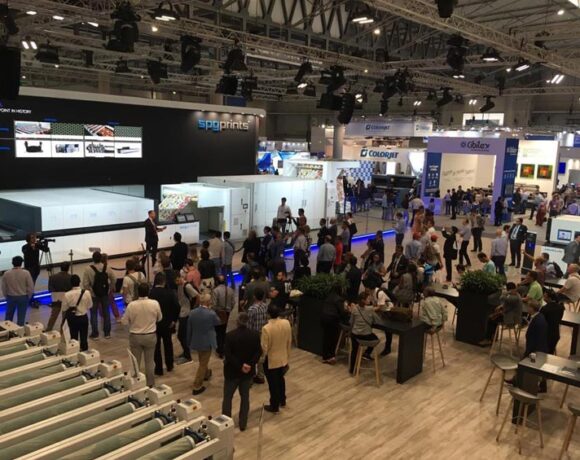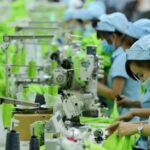Trützschler Offers All Machines For Preparation Of Textile Waste

Trützschler has taken a bold step to tackle the global problem of textile waste and has expanded its portfolio and now offers all technologies for preparation of textile waste.
“These include from mechanical recycling to the spinning preparation of torn secondary fibres,” the German company said in a press release.
Tearing and spinning preparation are both key processes for achieving the best possible quality from secondary fibres.
“That means our customers can tap into a competitive advantage by embracing this holistic approach,” Trützschler added.
Trützschler’s new complete TRUECYCLED solution is the result of its cooperation with Turkey based Balkan Textile Machinery and was announced at ITMA 2023.
According to the company, since ITMA 2024, it has received many inquiries for recycling systems.
More and more customers are now producing recycled yarns on a TRUECYCLED line, which is a state-of-the-art recycling line, configured and fine-tuned by Trützschler experts based on customer’s specific requirements.
Recycling systems face significant technological challenges. On average, torn fibres are much shorter than virgin fibres.
The percentage share of short fibres in the fibre mass is much higher. Unopened yarn and fabric particles are also difficult to process.
Dr. Georg Stegschuster, a researcher specialising in textile recycling, believes a systems approach is needed.
He is working at the Recycling atelier, a model factory for mechanical recycling in Augsburg, Germany, which is committed to delivering the latest technological insights for textile recycling.
“A perfect fine-tuning between tearing and spinning preparation is key for obtaining the best possible quality results and avoiding unnecessary fibre shortening,” he explained.
“This can be achieved if you are in control of both processes and have the necessary expertise for both processes too,” Dr Stegschuster stated.
In some cases, for example, it may be advantageous to have less aggressive settings in the tearing line, which can help avoid unnecessary fibre shortening.
The remaining higher share of unopened fabric must then be handled in a high-performance spinning preparation line.
This starts with the right blow room configuration for perfect opening, cleaning and blending and a card that is specially designed for recycling materials, like the TC 30Ri, can also enable gentle but effective treatment of fibres.
A shortened drafting process is also a must and this is made possible by the integrated draw frame IDF 3, in which, the draft is high enough to provide excellent levelling of the numerous short fibres, but low enough to prevent floating fibres.
“There is a lot of technological potential for improving the quality of the end-product through the right configurations and settings,” Dr Stegschuster informed.
“There’s a growing number of examples that show how higher quality end-products can be achieved from recycled materials, and how the share of pre- or post consumer waste in yarns can be increased without compromising on quality,” he stated.
Trützschler now offers a complete system covering the whole process, from cutting and tearing textile waste through to carding and drawing secondary fibres.
Thanks to this holistic approach and Trützschler’s expertise for the whole process, manufacturers can avoid unnecessary fibre shortening and achieve the best possible quality results.















